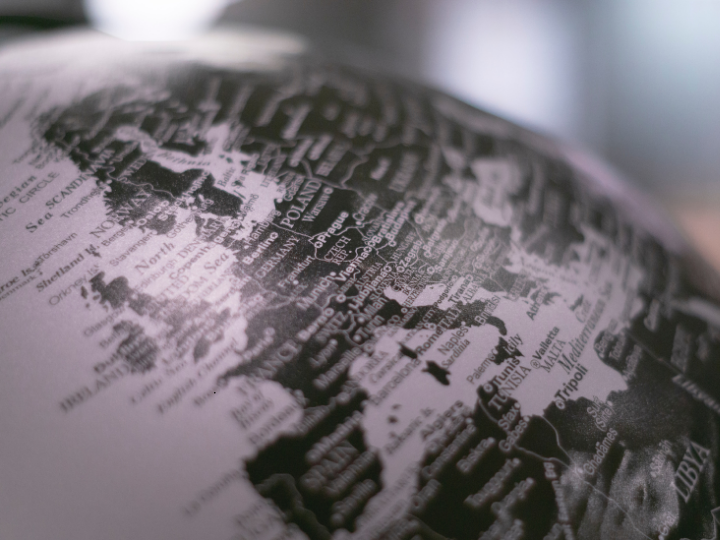N. Peter Kramer’s Weekly Column
‘I signed for the strictest asylum policy, not for the downfall of the Netherlands. This is where our responsibility ends’, Wilders said. He wanted to tighten the policy now that measures didn’t come fast enough.
But he couldn’t convince his three coalition partners, the conservative liberal VVD, the centrist NSC and the Farmers-Citizens Movement (BBB). So much disagreement had arisen, that further cooperation for Wilders was not possible.
Prime Minister Dick Schoof confirmed he was stepping down the same day and offered the resignation of the cabinet to King Willem-Alexander. Wilders’ decision has put an end to an uneasy government which was born in July 2024, after months of political wrangling following elections the previous year. The anti-immigration PVV became in these elections by far the largest party in the Dutch parliament.
With the NATO summit due to be held in the Hague at the end of the month, Schoof’s staying ministers will seek to remain in power in a caretaker capacity until the Netherlands return to the polls, likely in autumn.
Opinion polls show that NSC and BBB will be heavy minimalised to two seats each. PVV, VVD and the Green-Left combination are neck-and-neck, with migration and cost-of-living issues fuelling political volatility as across Europe.
Geert Wilders appears to feel emboldened. He told reporters that he intended to become prime-minister ‘and ensure that the PVV becomes bigger than ever in the next elections’. In the meantime Dutch politics are plunged back into uncertainty.






